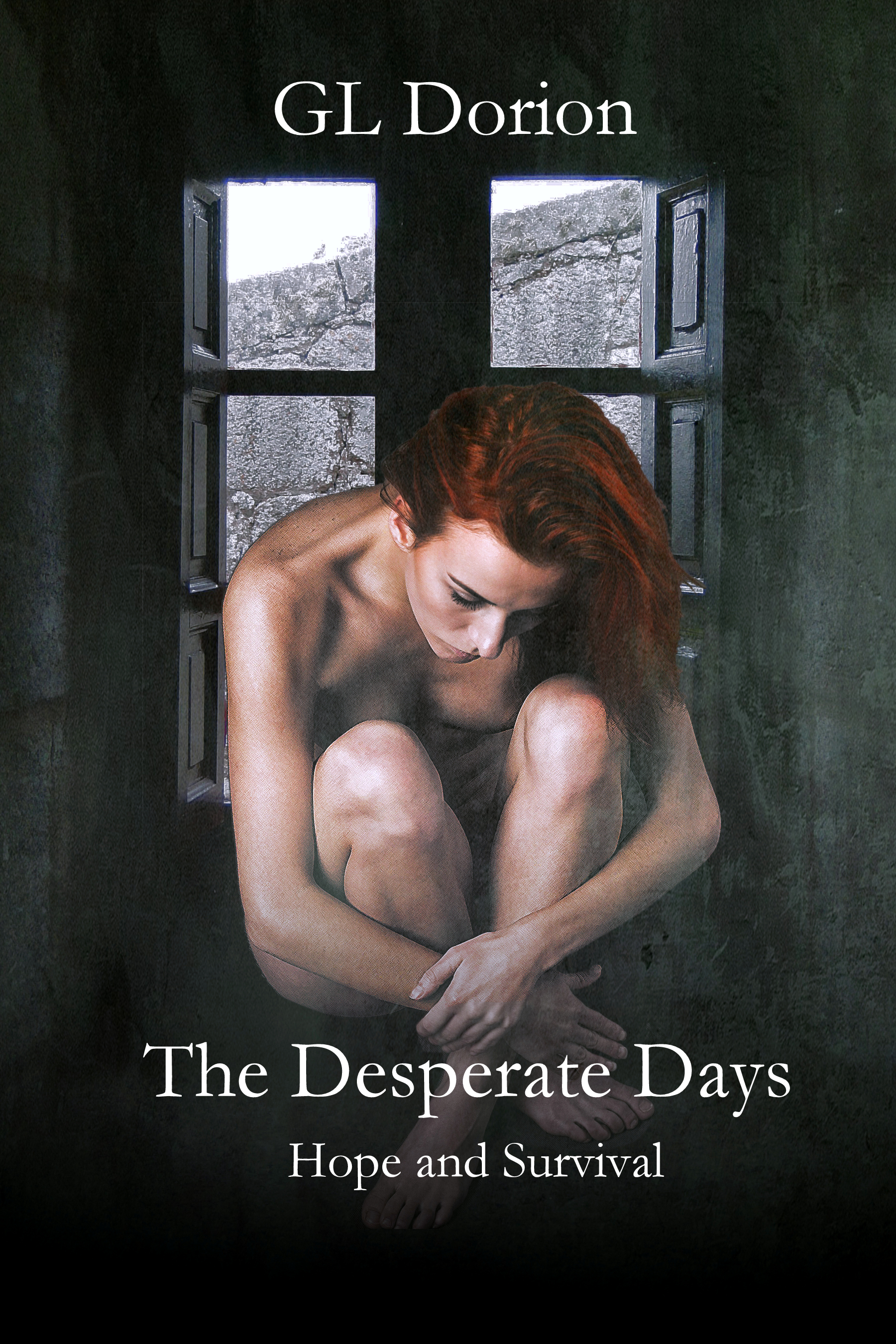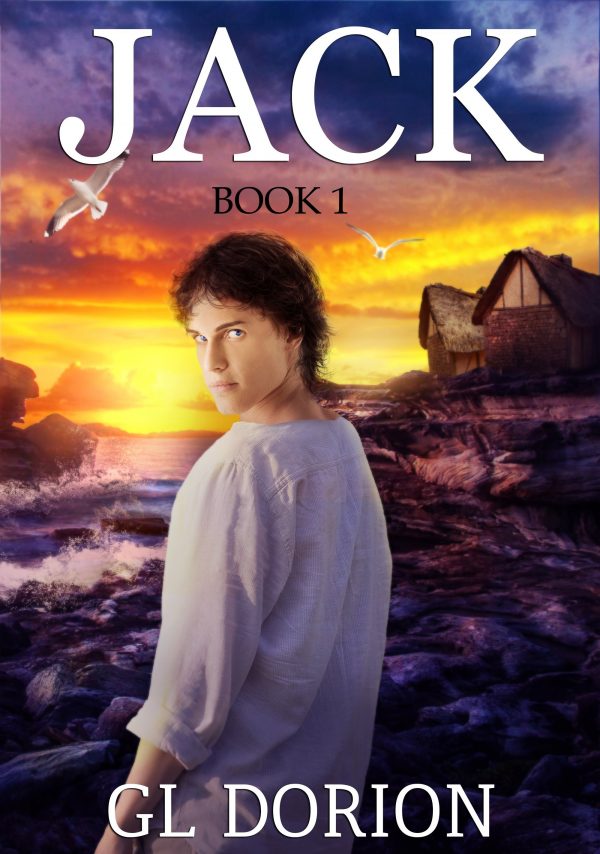Not me. I’m an English teacher and, if I don’t know a grammar rule or how to spell something, I look it up and build that knowledge base. One of my alleged friends back in the day used to say, “What do you want to learn all that crap for? You’ll just end up being an encyclopedia of useless information.” Huh!
Also, I do use Grammarly – a great online free tool. It’s like having a writing assistant at your elbow. In the seventh grade going back a number of years, I would look forward to Fridays when our class at Country Day School in Groton, Massachusetts, would have “spelling Bee” competitions. I was usually the last student standing. I’ve always had a fascination with words. I would credit my dad for having allowed me at an early age to read in his beautiful set of Collier’s Encyclopedias which came with a set of illustrated hardcover Children’s Classics such as “David Copperfield,” The Adventures of Tom Sawyer,” and “Huckleberry Finn.”

Getting back to the main topic, typos do inevitably creep into one’s work especially if it’s a novel. I’m sure many novelists have had the experience of having two characters talking so fast in his/her head that the writer can barely keep up with the dialogue. This is when writing can be seriously fun and exciting. Maybe that’s just an ego trip – I’ve never given it much thought.
When I used to write with a pen or pencil, I would write so fast I could barely read the rather illegible writing afterwards. That was true with writing on a laptop too. Waiting until the next day or day after to revise could be a grammatical nightmare as I often used my own made-up shorthand. Grammarly (not available then) would likewise have had a grammatical nightmare. Back in the day.
Now that we do have “Grammarly,” the free online writing editor, it can be there to fix most of the typos, usage calamities, word assassinations, misspellings, etc. I can envision a time when lousy ‘writers’ will be able to just input a plot idea into a piece of expensive software and output a full-length novel – promoted by something atrocious-sounding like “Write Your Novel in Ten Minutes” with “The Brilliant Novelist.” Don’t laugh, it’s coming. Hey, I have 34 chapters of my newest ongoing novel, American Jihadists (a shameless plug, I know) on Wattpad that could easily be copied and pasted with the would-be thief’s very own cover art with new title and author. A prototype maybe?
A couple of my novels took me 17 years each (written over the same time period). A lot of the research happened to coincide with my lesson plans for English Language Arts and Global History courses that I was teaching in Manhattan high schools. Back in the day.
Anyway, I cannot afford a professional editor although my daughter – a straight-A student throughout her school years and a UConn theater arts graduate – reads my work before the final upload to Amazon and Smashwords. Most indie authors don’t have enough money for all the necessary components to constructing a book – that’s usually the reason they are indie authors – otherwise, why not pay thousands for a small publishing company to take care of business.
Either way – indie or traditional – the author is going to have to know how to market his/her book as even the traditional publishing companies expect authors to be their own book marketers. And marketing in the modern era is likely the hardest part of being an author. Here is an interesting article with related links on that topic https://rachellegardner.com/do-publishers-market-books/
Personally, I believe it is incumbent on authors to be good at writing and part of that is that they take responsibility for the presentation of their writing and their ideas. A good writer is constantly improving his/her craft. That might sound severe but writing is about being as exceptional as you can be. Sure you can hire “professionals” to do everything, even write the book and call it your own. I’m sure there are plenty of so-called “ghost-writers” out there who would be happy to take $25,000 of your money and hand over a polished book (Wattpad, anyone?) to you with your authorship rights after a month or so. Go for it!
I wonder what Hemingway would have said about that? It seems to me that a writer whose editor crafts much of the ‘author’s’ book by overwriting it is the real author and is writing the “truest sentence that you know.” Well, I did a Google search out of curiosity about what Hemingway might have said and found this article: https://thewritepractice.com/hemingway-quotes/ Interesting, because all of the the quotes came from Hemingway’s little memoir masterpiece, “A Movable Feast,” which is one of my favorite books even though some of it is bullshit. I used to work at the Lowell Sun Newspaper in Lowell, Massachusetts, and one of its then “star” reporters once told me, “Why let the facts spoil a good story?” Cynical? Right! He did manage to get a number of front page extravaganzas. The new journalism? Back in the day.
Hemingway apparently did write, “All you have to do is write one true sentence. Write the truest sentence that you know. So finally I would write one true sentence, and then go on from there. It was easy then because there was always one true sentence that I knew or had seen or had heard someone say.”
Well, ‘The Hem’ is famous for being one of the 20th Century’s greatest writers. Having read most of his writing, and not just once, I wouldn’t disagree, truest sentences or not. But I never would even imagine that his writing could have been partly someone else’s like a ghost writer’s or an editor’s. It was just too genuine. I personally think he would have vomited at the very thought of writing that way.
What was great about Hemingway was his passion for the craft of writing and of course his ability to ‘tell a good story’ while at times, perhaps, twisting the facts a bit. Hemingway wrote “A Movable Feast” at the end of his life – a memoir about his early life in alleged “poverty” as a “struggling” writer in Paris after the extreme trauma faced by writers and artists inflicted on one’s consciousness by World War One. For a poor struggling writer, he seemed to always have the money to visit all those Parisian cafes he describes in A Movable Feast. Great stuff, as my former Lowell Sun colleague used to say. Here is a link to an interesting article on Hemingway’s life by The Guardian: https://www.theguardian.com/books/2012/may/25/moveable-feast-struggle-hemingway

Categories: Write Life






